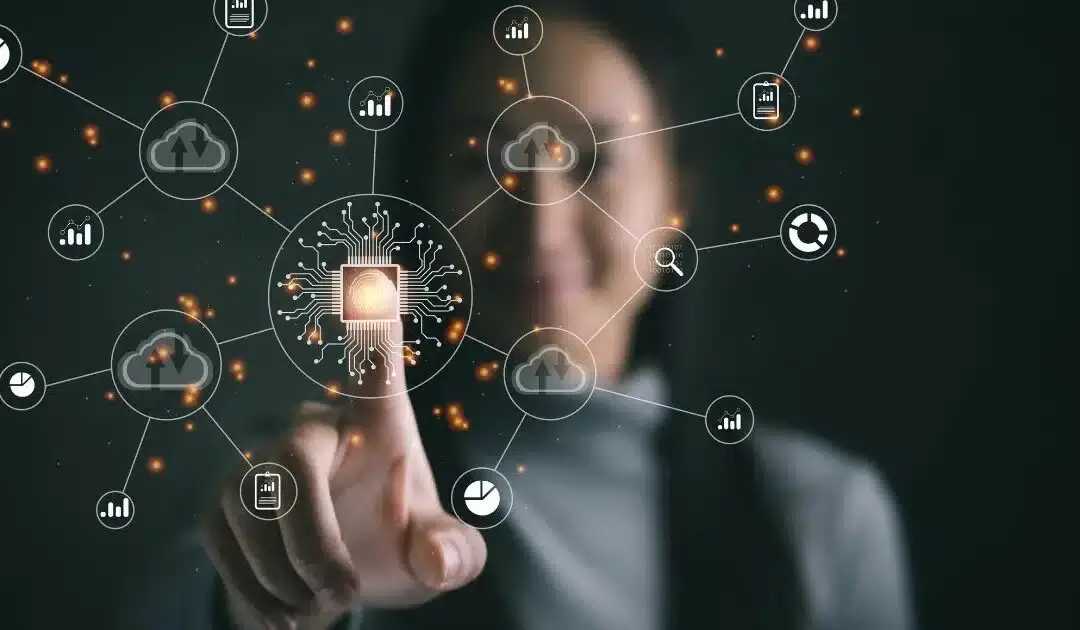Sam Altman, CEO of OpenAI, has already hinted at the development of GPT-6, even as the dust settles from the somewhat turbulent reception of GPT-5. While GPT-5 was touted as a significant leap in AI capabilities, initial reactions have been mixed, with some users finding it less engaging and personable than its predecessors. This feedback appears to have prompted a course correction, with Altman emphasizing that GPT-6 will prioritize enhanced memory and personalization to create a more human-like interaction experience.
The Focus on Personalization
The shift towards personalization signifies a potentially transformative change in AI development. Instead of solely focusing on increasing processing power and improving reasoning abilities, OpenAI aims to create an AI that can remember user preferences, routines, and individual characteristics. This would allow GPT-6 to adapt its responses and interactions to each user, making it a more reliable and valuable assistant.
According to Altman, "People want memory. People want product features that require us to be able to understand them". This suggests that GPT-6 will not just answer questions but will also learn from past conversations and adapt to the user's style and preferences. Potential improvements include the ability to learn personal preferences, recognize voice and tone, and adjust explanations to match the user's learning speed.
Addressing the "Cold" Reception of GPT-5
The move towards personalization can also be seen as a response to the criticism leveled at GPT-5 for its perceived lack of warmth and limited customization. Some users felt that GPT-5 was "too robotic" and "overly careful," making it less enjoyable to interact with than previous versions. By focusing on memory and personalization, OpenAI hopes to address these concerns and create an AI that feels more like a trusted companion. OpenAI had quietly implemented a tone update to GPT-5 to make it "much warmer".
The Privacy Paradox
While the prospect of a personalized AI assistant is appealing, it also raises significant privacy concerns. The ability of GPT-6 to remember past interactions means that it will need to store user data, which could be vulnerable to unauthorized access and data breaches. Altman has acknowledged these concerns, admitting that GPT-5's temporary memory is not encrypted and that stronger protections, including encryption, may be added in the future.
The challenge for OpenAI is to strike a balance between personalization and privacy. Users want an AI that can adapt to their needs, but they also want to be confident that their data is secure and protected. This will require robust user controls, transparent data storage policies, and strong security protection mechanisms.
Beyond Chatbots: A Vision for the Future
Looking beyond GPT-6, Altman has also expressed interest in brain-computer interfaces as a potential evolution of AI interaction. He envisions a future where users can "think something and have ChatGPT respond," suggesting that traditional chat interfaces may eventually be replaced by more intuitive and seamless forms of communication.
The Broader Implications
The development of GPT-6 and the focus on personalized AI reflect a broader trend in the AI industry. As AI models become more powerful and sophisticated, there is a growing recognition that they need to be more than just tools for answering questions or generating text. They need to be able to understand and adapt to individual users, providing personalized experiences that are both helpful and engaging.
This shift towards personalized AI has the potential to revolutionize a wide range of industries, from healthcare and education to finance and entertainment. Imagine AI agents that can provide personalized medical advice, tailor educational content to individual learning styles, or manage finances based on specific financial goals.
However, realizing this potential will require careful consideration of the ethical and societal implications of personalized AI. It will be important to ensure that AI is used in a way that is fair, transparent, and inclusive, and that it benefits all of humanity. Sam Altman advocates stringent regulation, openness, and cooperation among global actors to ensure AI works in human beings' greatest interest.

















